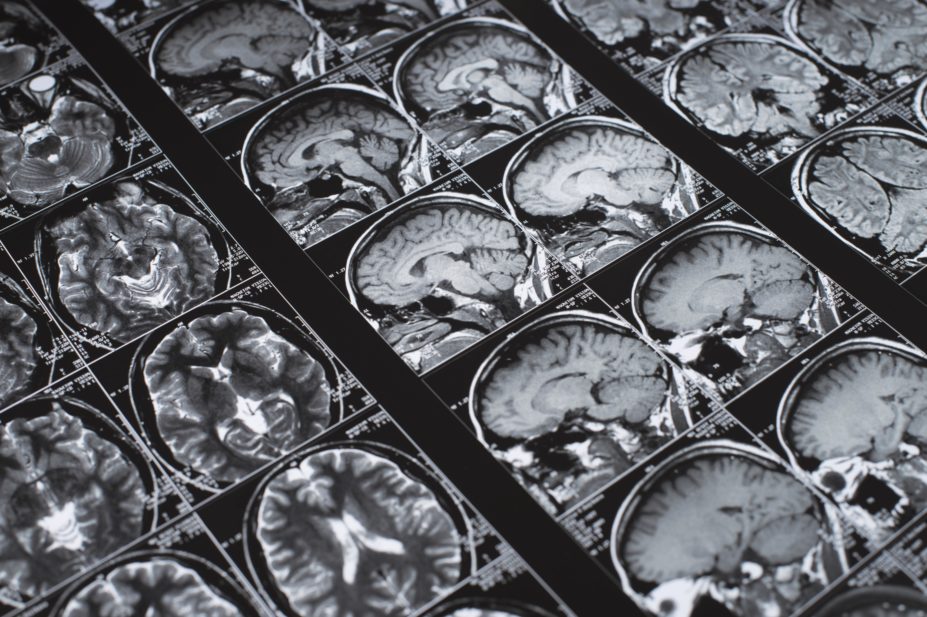
Shutterstock.com
Neural connections in the brain vary from person to person. But little is known about the effect these differences might have on a person attempting to quit smoking. To answer this question, researchers at Duke University in Durham, North Carolina, performed functional magnetic resonance imaging (fMRI) on 85 smokers who wanted to quit. They published their findings in Neuropsychopharmacology
[1]
(online, 21 April 2015).
During a ten-week quit attempt, 44 remained abstinent and 41 relapsed. In the group who successfully quit, the fMRI scans showed there was a stronger connection between the motor control regions of the brain and the insula, compared with the group that relapsed. The insula is implicated in the perception of cravings.
This may at first seem counterintuitive, but the researchers hypothesise that “perhaps greater connectivity in this network improves the ability to inhibit a motor response to cigarette cravings”.


